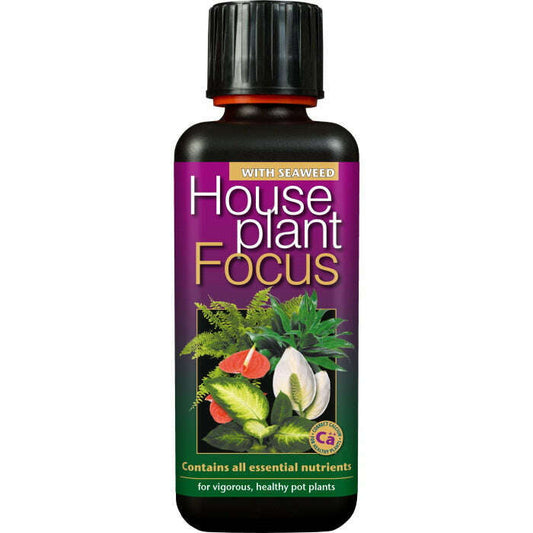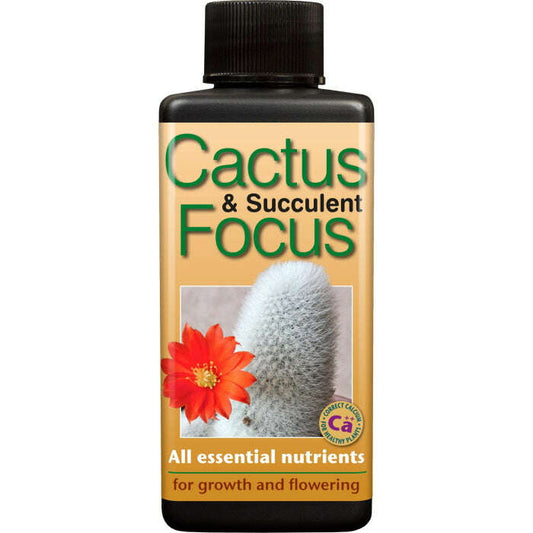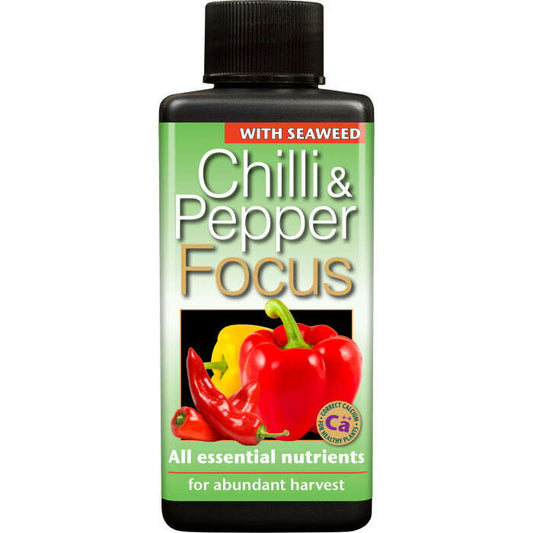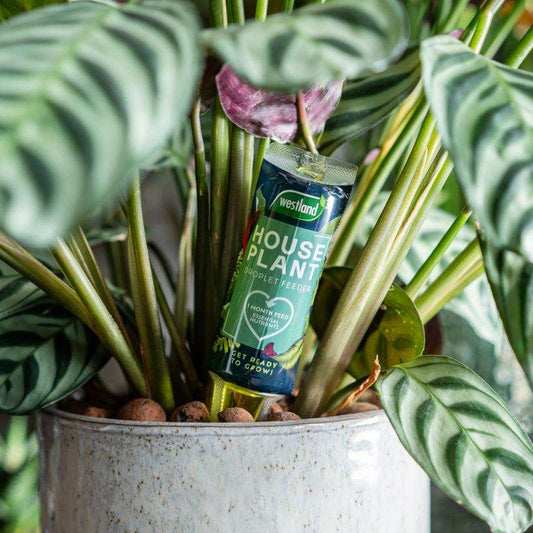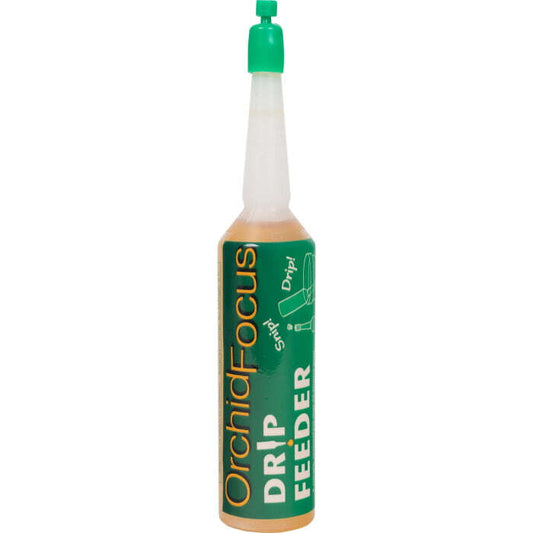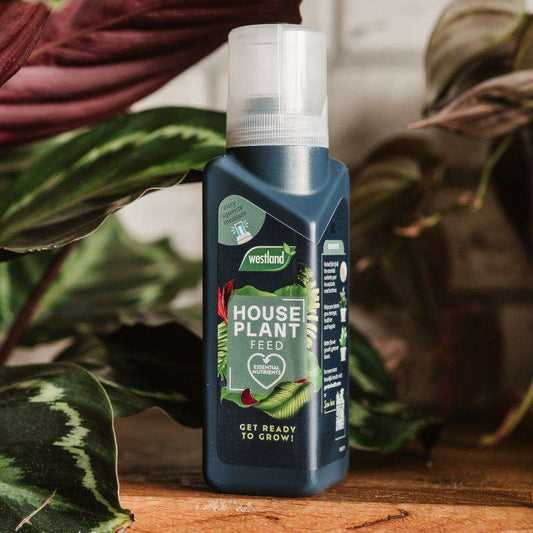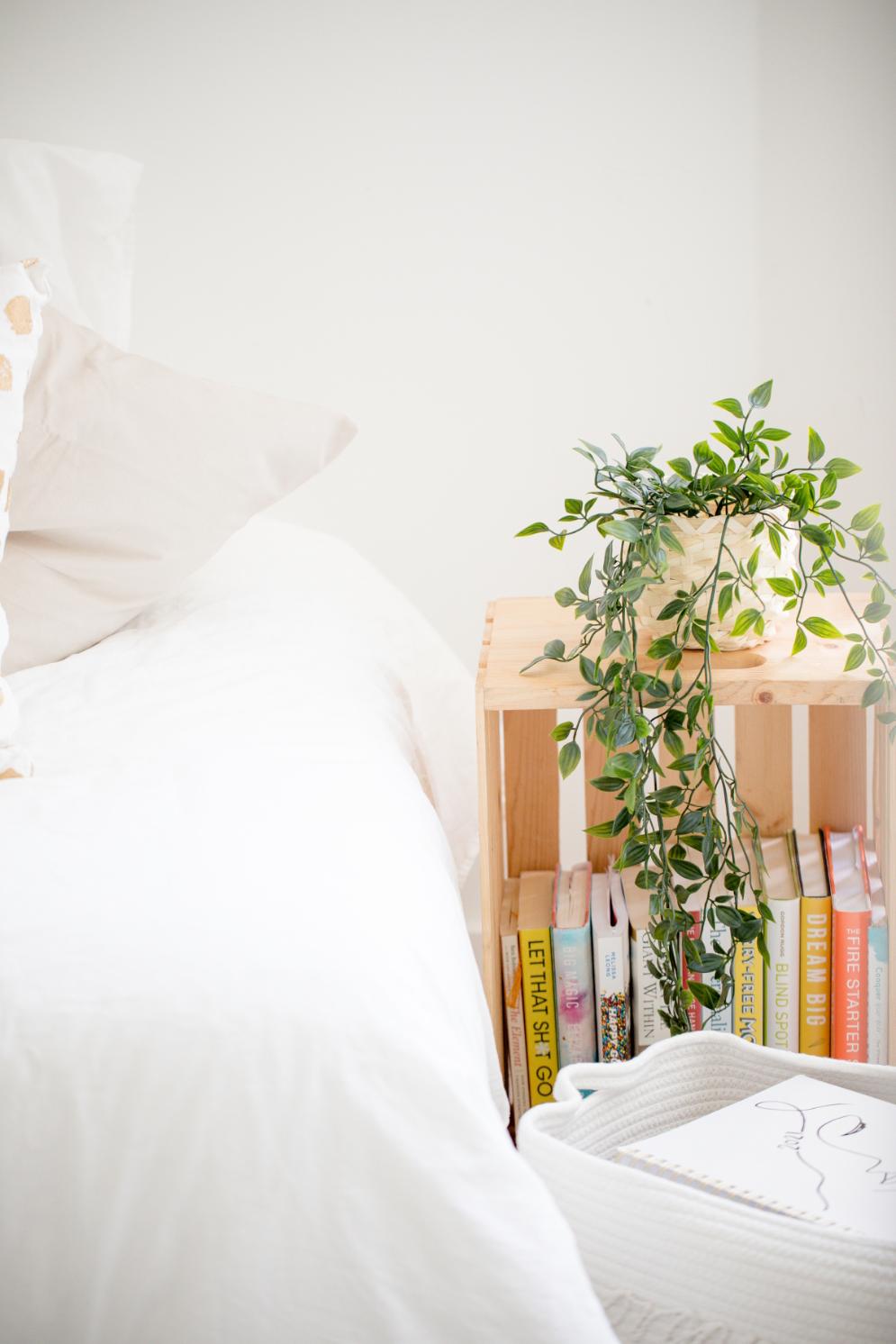
House Plant Food
Browse our whole collection of plant feed and keep your plants in top condition.
House Plant Food that your plants will love.
Find the house plant feed for houseplants. We take care of house plant food delivery UK wide!
-
Houseplant Focus Fertiliser Plant Food
Regular price From £3.35Regular priceUnit price / per£3.35Sale price From £3.35Sold out -

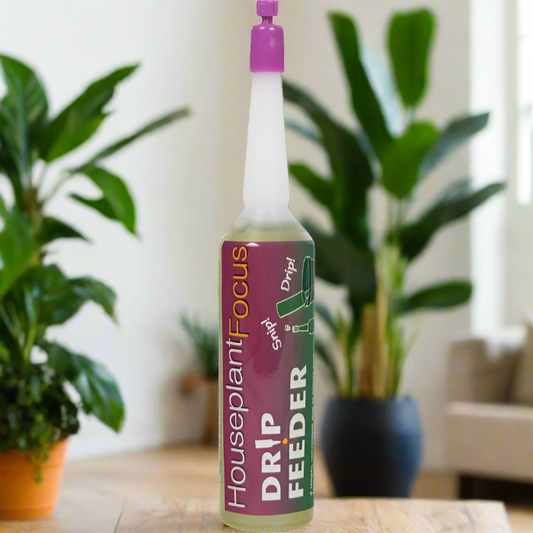 Sold out
Sold outHouseplant Focus Drip Feeder 38ml
Regular price From £1.45Regular priceUnit price / per£1.45Sale price From £1.45Sold out -
Cactus & Succulent Focus Fertiliser
Regular price From £3.35Regular priceUnit price / per£3.35Sale price From £3.35 -

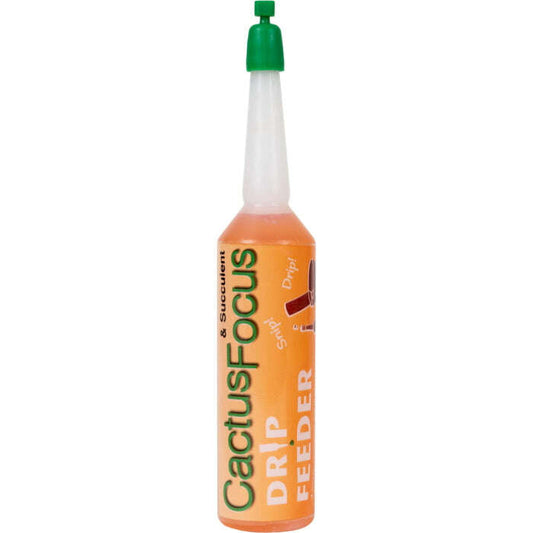 Sold out
Sold outCactus Focus Drip Feeder 38ml
Regular price From £1.45Regular priceUnit price / per£1.45Sale price From £1.45Sold out -
Chilli and Pepper Focus Plant Food
Regular price From £3.35Regular priceUnit price / per£3.35Sale price From £3.35 -
Westland Houseplant Droplet Feeder 40ml
Regular price £1.60Regular priceUnit price / per£1.60Sale price £1.60Sold out -
Orchid Focus Drip Feeders 38ml
Regular price From £1.20Regular priceUnit price / per£1.20Sale price From £1.20 -
Westland Houseplant Feed Concentrate 200ml
Regular price £6.00Regular priceUnit price / per£6.00Sale price £6.00Sold out
More Accessories for you...
-
Houseplant Focus
Shop Houseplant Focus Products -
Drip Feeders
Shop Plant Drip Feeders
House Plant Food
Indoor House Plant Food
Nutrition is an important part in keeping your houseplants healthy. That is why we stock the very best indoor house plant food from trusted names in the industry. We have a great selection of house plant feed here at Small Indoor Plants. Including houseplant fertilizer and liquid houseplant food.
House Plant Feed
House plant feed plays an important role in the growth, overall health and disease resistance of your plant. Why is this important? Because healthy plants are happy plants. We all want our plants to look their best so that we can enjoy them. Seeing them flourish makes us feel good and ensures we can enjoy our plant pal as much as possible! In fact just like humans, plants need their vitamins too! Although they are not quite as demanding as we are. One feed every so often should do the trick!
Our great selection of house plant fertilizer comes in ready to use solutions or as a concentrated solution for you to dilute. Which makes preparing your liquid feed for plants super easy. Having the right houseplant feed for your green buddies is an important part of proper house plant care. Our plant food for houseplants will make sure you have all the feed you need! Enjoy Next Day and Free Delivery options on your house plant food here at Small Indoor Plants too!
Why do I need Plant Food for Indoor Plants?
Indoor plants require specific nutrients to thrive. The use of plant food is key in providing the nutrients your plant needs. Plant food, also known as fertilizer, supplies these key nutrients to your plants. As a result, it helps to support healthy growth and development.
The primary nutrients found in plant food include nitrogen, phosphorus, and potassium. These three are referred to as macronutrients. In a plant food solution and collectively these are commonly referred to as NPK. Each of these nutrients plays a distinct role in plant health.
Plant Food For Houseplants
Now for the plant nerdy part!
The best plant food for houseplants contains nitrogen. Nitrogen is crucial for the growth of leaves and stems. Nitrogen is in fact a key component of chlorophyll (the pigment responsible for photosynthesis) which is the reason for many plants being green. This is important because a deficiency in nitrogen can lead to stunted growth and yellowing of leaves.
Phosphorus, on the other hand, is vital for root development and flowering. It plays a vital role in energy transfer within the plant. Phosphorus is essential for the formation of DNA and RNA which are vital as your plant grows.
Potassium plays a crucial role in the health of your plant by regulating water uptake and enzyme activity. Potassium plays an important role in photosynthesis and respiration. Again, this is how your plant grows and remains strong and healthy.
House Plant Food
Aside from NPK, houseplants also need several other minerals. These are often referred to as micronutrients. Indoor house plant food contains these micronutrients which include iron, manganese, zinc, and copper.
Althought it should be noted these are present in much smaller quantities than NPK. These micronutrients are essential for various physiological functions, including activating enzymes and making chlorophyll. A balanced plant food will contain both macronutrients and micronutrients to ensure full nutrition for indoor plants.
Houseplant Feed
When selecting plant food for indoor plants, it is important to consider the specific needs of the plant species. Different plants often have varying nutrient requirements. Those requirements are based on their growth stage and the environment they are being grown in.
For instance, flowering plants may benefit from a fertilizer higher in phosphorus. While leafy greens may require more nitrogen. The frequency and method of application should be tailored to the plant's needs. Over-fertilization can lead to nutrient burn, while under-fertilization can result in nutrient deficiencies.
Indoor House Plant Fertilizer
Liquid fertilizers are often preferred for indoor plants due to their quick absorption and ease of application. They can be diluted with water and applied during regular watering schedules. Granular fertilizers, on the other hand, release nutrients slowly over time and can be mixed into the potting mix at the time of planting or as a top dressing. Many good potting mixes will have these slow release nutrient granules in them already.
Indoor Plant Feed
It is also advisable to monitor the plant's response to fertilization. Signs of nutrient deficiency may include yellowing leaves, poor growth, or lack of flowering. Conversely, signs of over-fertilization can manifest as burnt leaf tips or excessive leaf growth with little flowering. Regularly assessing the health of indoor plants can guide adjustments in fertilization practices.
In conclusion, plant food plays a critical role in the health and vitality of indoor plants. By understanding the specific nutrient requirements and selecting the appropriate type of fertilizer, plant enthusiasts can foster an environment conducive to robust plant growth. Proper application and monitoring will ensure that indoor plants receive the nutrition they need to flourish.
Did You Know?
Indoor plants lower stress and boost your immune system!


